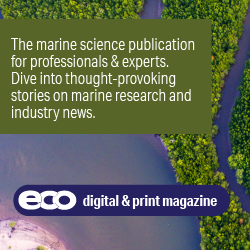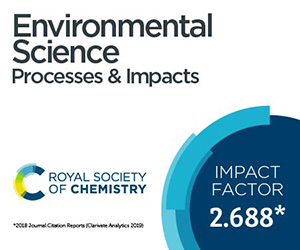Session Topics
The Biogeochemistry Symposium facilitates interaction and dialogue among those actively engaged in applying principles of biogeochemistry to solving environmental and social problems. If you are interested in or actively involved in wetland management, water quality, restoration, or constructed wetlands, you are invited to propose a session for the symposium.
Below is a broad list of topics to give examples of what types of presentation material may be covered at the symposium. If you are thinking about organizing a session (proposals are due August 23) or submitting an abstract for individual presentation (abstracts are due November 20), please do not feel limited to these topical areas – BioGeo 2021 seeks to capture all emerging areas and new ideas.
- Biogeochemical indicators for wetland assessment
- Biogeochemistry of mangrove ecosystems
- Carbon sequestration and greenhouse gas emissions
- Coastal hypoxia
- Coastal wetlands
- Constructed wetlands performance and challenges
- Coupled biogeochemical cycles in wetlands
- Fate of toxic organic compounds
- Forested wetlands
- Freshwater wetlands
- Geospatial and multivariate methods to evaluate biogeochemical processes
- Hydrologic connectivity of wetlands with terrestrial and aquatic systems
- Impacts of large scale disturbances on biogeochemical cycles
- Influence of sea level rise on cycling of macro-elements
- Land loss related to sea level rise
- Land use change including impacts of urban and agricultural practices
- Linkages between biogeochemical processes and biotic communities
- Long-term nutrient and organic matter accretion in wetlands
- Microbial ecology and molecular biology
- Molecular chemical techniques and biomarkers
- Molecular tools to evaluate biogeochemical processes
- Monitoring of wetland conditions
- Nitrogen processing capacity of wetlands
- Nutrient cycling in urban ecosystems
- Phosphorus assimilation capacity of wetlands
- Riparian wetlands river diversions
- Role of wetlands in improving water quality
- Stochastic and mechanistic modeling of biogeochemical processes
- Sulfur cycling in coastal marshes
- Toxic metal biogeochemistry in wetlands
- Wetland community types and related functions and values
- Wetland restoration techniques (fresh, brackish and salt marshes)
For more information on submitting an abstract, click here.
"Wetlands in a Changing Climate"

